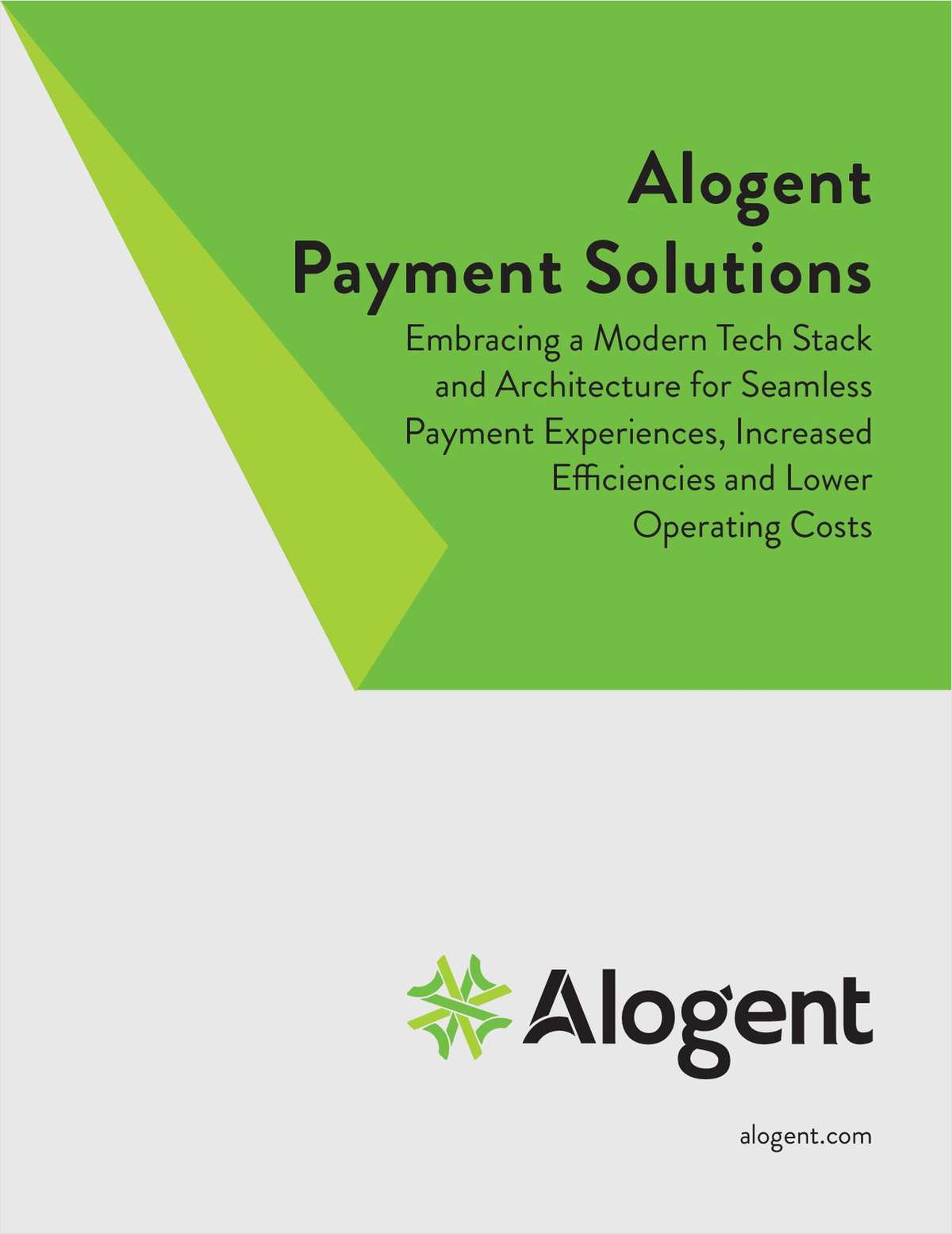ALEXANDRIA, Va.-In response to the recent exposure of credit unions to criminal entities using their names or similar names in advertisements and online, NCUA Chairman Dennis Dollar issued a Letter to Credit Unions (03-CU-12) suggesting that credit unions help police the problem. "In response to all of these fraudulent activities, the NCUA has been working with relevant supervisory and law enforcement authorities, including the Federal Bureau of Investigation. As a result, once the existence of a fraudulent advertisement or Web site becomes known, working together we have had success in stopping these activities. "Accordingly, we recommend that all federally-insured credit unions take an active role in policing this matter, including reviewing local newspapers for suspicious advertisements." Dollar also suggested that credit unions conduct regular Internet searches to detect entities using similar domain names or names similar to the credit union. If possible, credit unions should consider purchasing the domain rights to such names to prevent misuse. Credit unions with information regarding activities concerning these types of fraud should contact the NCUA Fraud Hotline at (703) 518-6550 or (800) 827-9650. Credit unions should also file a Suspicious Activity Report and contact their local FBI office. Credit union members who have been duped by these scams should contact their credit union, NCUA, and the FBI. To prevent identity theft, they should also file a complaint with the Federal Trade Commission and notify their credit bureaus. Fraudulent newspaper advertisements have recently appeared in California, Colorado, Iowa, Missouri, Ohio, Pennsylvania, and Washington State, the letter stated. Fraudulent Web sites have imitated federally insured credit unions operating in Georgia, South Carolina, and Missouri. (See August 6, 2003 issue of Credit Union Times, p. 8) In addition, criminals may simply take over a credit unions' Web site by inputting new phone numbers at the site. For further guidance on protecting Web sites, see the December 2002 NCUA Letter to Credit Unions 02-CU-16 at http://www.ncua.gov/ref/letters/letters2002_2000.html
Complete your profile to continue reading and get FREE access to CUTimes.com, part of your ALM digital membership.
Your access to unlimited CUTimes.com content isn’t changing.
Once you are an ALM digital member, you’ll receive:
- Breaking credit union news and analysis, on-site and via our newsletters and custom alerts
- Weekly Shared Accounts podcast featuring exclusive interviews with industry leaders
- Educational webcasts, white papers, and ebooks from industry thought leaders
- Critical coverage of the commercial real estate and financial advisory markets on our other ALM sites, GlobeSt.com and ThinkAdvisor.com
Already have an account? Sign In Now
© 2024 ALM Global, LLC, All Rights Reserved. Request academic re-use from www.copyright.com. All other uses, submit a request to [email protected]. For more information visit Asset & Logo Licensing.









